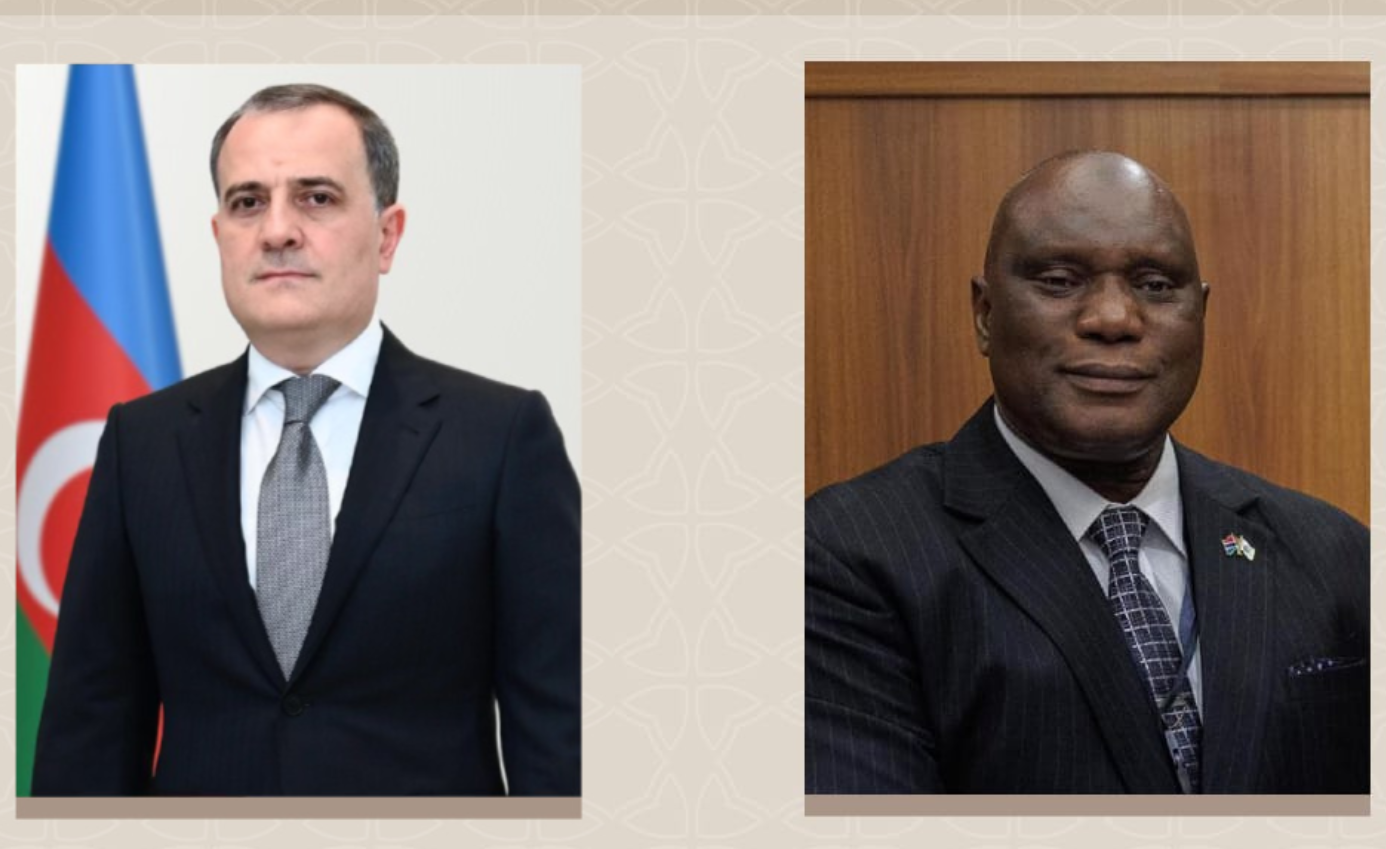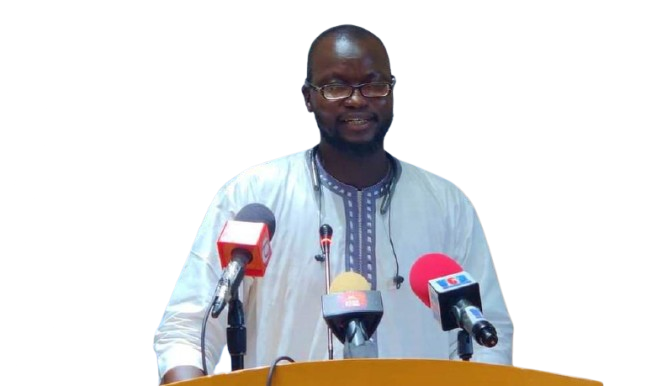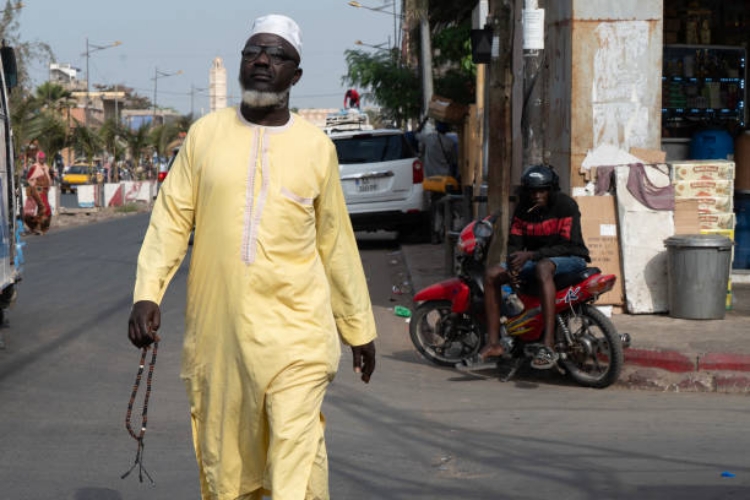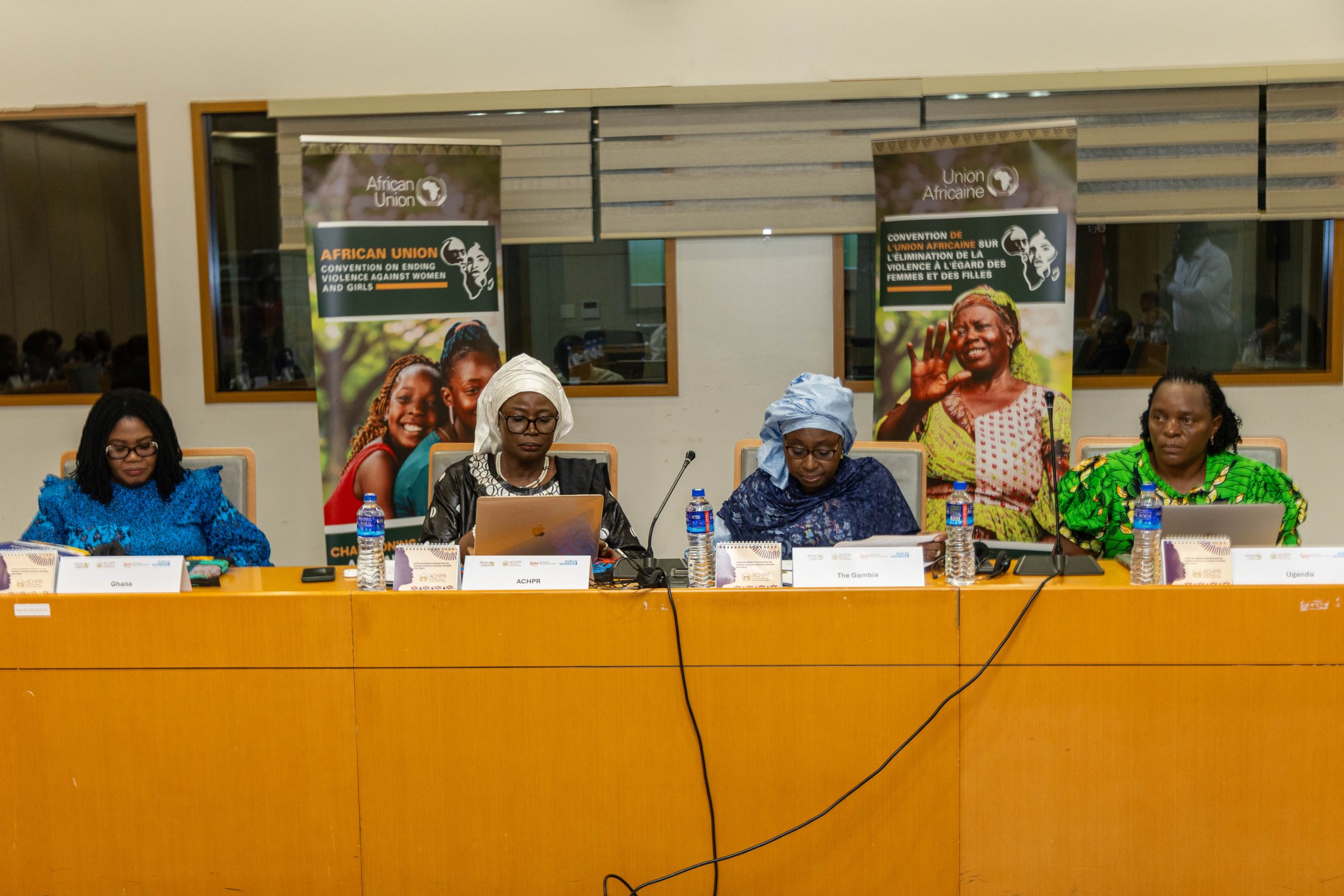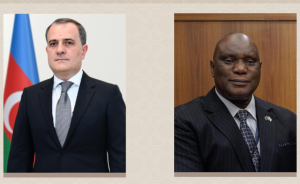Gambiaj.com – (BANJUL, The Gambia) – The African Commission on Human and Peoples’ Rights (ACHPR) has held a roundtable discussion on the African Union Convention on Ending Violence Against Women and Girls (AU-CEVAWG), as part of its 85th Ordinary Session in Banjul.
The event, chaired by Hon. Commissioner Janet Ramatoulie Sallah-Njie, the ACHPR Special Rapporteur on the Rights of Women in Africa, was organized in partnership with UN Women, the African Union Gender, Women, and Youth Directorate, and IPAS Africa Alliance.
The roundtable aimed to accelerate continental efforts toward ending violence against women and girls, breathing life into a “new dawn” for women’s rights in Africa through the AU-CEVAWG.
Adopted in February 2025, the Convention marks a historic step in Africa’s legal response to gender-based violence. Building on the landmark Maputo Protocol, it addresses all forms of violence—ranging from femicide and trafficking to technology-facilitated abuse and violence in conflict or humanitarian settings.
As of October 2025, seven African Union member states, Angola, Burundi, Djibouti, the Democratic Republic of Congo, Liberia, The Gambia, and Ghana—have signed and ratified the Convention.
“Adopted just eight months ago, this Convention is more than a document; it is our continent’s collective promise, a promise that every woman and girl can live a life free from fear, free from violence, and free from harmful practices,” said Commissioner Sallah-Njie.
“It is a bold, African-led framework that leaves no room for ambiguity, firmly placing state obligations at the center of the struggle for justice and equality,” she added.
Commissioner Sallah-Njie said the momentum for implementation began immediately after the Convention’s adoption. In July 2025, the Commission, in collaboration with the AU Gender Directorate, convened a multi-stakeholder meeting to develop a post-adoption Advocacy Roadmap.
The roadmap, she said, outlines strategies for ratification, domestication, and implementation, efforts that the roundtable aimed to advance.
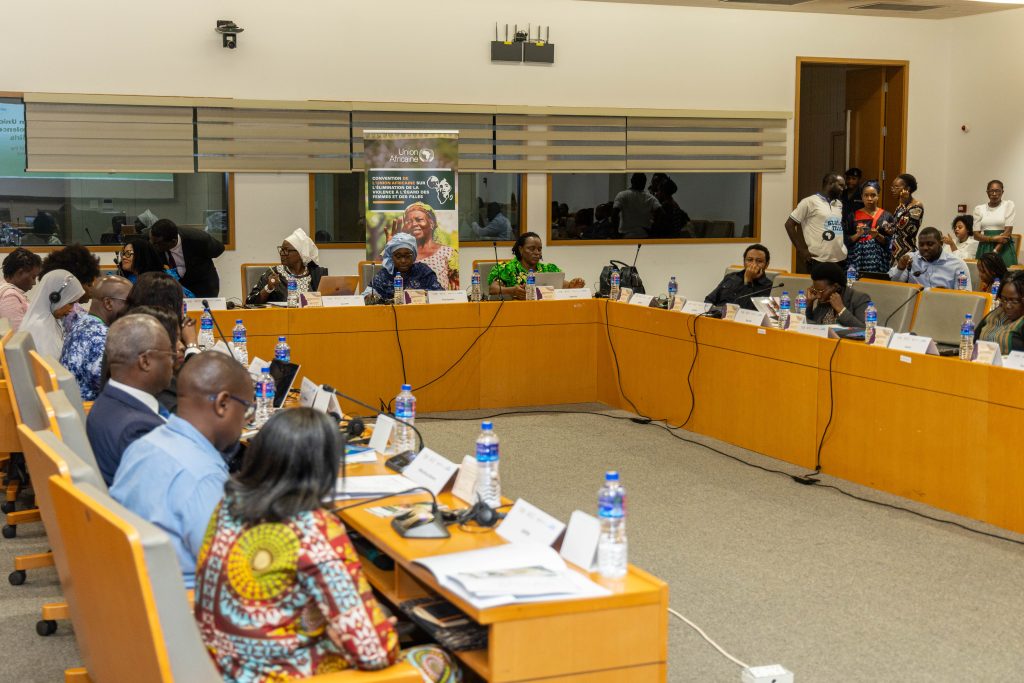
She commended Djibouti for being the first signatory and hailed the political will of Burundi, the DRC, Angola, Liberia, The Gambia, and Ghana.
“A signature is an expression of intent. Ratification is the act of transformation,” she said. “It is the moment a promise becomes a legal obligation—the bridge between regional aspiration and national reality. Right now, that bridge remains uncrossed. We need 15 ratifications, and the clock of justice is ticking.”
Calling for urgent action, she emphasized that each day of inaction prolongs the suffering of women and girls.
“This roundtable is not merely a discussion; it is a catalyst for action. We have the power to change the course of history—to resist the pushback against women’s rights and to build a legacy of safety and dignity,” she said.
Commissioner Sallah-Njie urged Member States to be remembered not only for the treaties they signed but for those they brought into force. She also called on civil society, traditional and religious leaders, and development partners to “hold governments accountable and forge a unified front that is unstoppable.”
“The eyes of African women and girls are upon us. Let us give them not just our words, but our actions. Not just our hope, but our results,” she declared.
The Gambia’s Commitment to Protecting Women and Girls
Hon. Fatou Kinteh, The Gambia’s Minister for Gender, Children, and Social Welfare, reaffirmed her country’s commitment to protecting women’s and girls’ rights, noting that The Gambia was among the first six countries to sign the AU-CEVAWG.
“Over the years, The Gambia has made significant achievements in the protection and promotion of the rights of women and girls. Our government’s signature on the AU-CEVAWG demonstrates our determination to eliminate all forms of violence against women and girls,” she said.
Minister Kinteh highlighted several key pieces of legislation and policies reflecting The Gambia’s commitment, including the Women’s Act 2010 (amended in 2015 to criminalize female genital mutilation), the Trafficking in Persons Act 2007, the Domestic Violence Act 2013, the Sexual Offences Act 2013, and the Persons with Disability Act 2021.
She added that these laws complement the 1997 Constitution and other international conventions, such as CEDAW and the Convention on the Rights of the Child (CRC), to address discrimination and safeguard women’s rights.
Minister Kinteh also revealed that the Gender-Based Violence (GBV) Policy has been approved by Cabinet, and several mechanisms are in place to support survivors—such as a specialized Gender Unit at the Ministry of Justice, a GBV Fund, ECOWAS scholarships for girls, a GBV Advisory Committee, and one-stop centers providing medical and psychosocial assistance.
She further disclosed that construction of a specialized court for SGBV cases is at an advanced stage, while the ratification of the AU Convention is under Cabinet review.
“Despite significant progress, challenges remain—harmful gender norms, weak enforcement of laws, and low representation of women in decision-making continue to hinder full equality,” she said.
Minister Kinteh called on development partners and regional bodies to continue supporting The Gambia’s efforts, emphasizing the need for vigilance against any rollback of protective laws.
“The rollback of protective laws is a setback, but our resolve remains unwavering. We urge all partners to remain vigilant in safeguarding the rights of women and girls,” she said.
“On this note, I reassure you of my ministry’s continued support and commitment to the empowerment of women, girls, children, and persons with disabilities.”
Meanwhile, the Gender Ministers of Ghana and Uganda also reaffirmed their governments’ commitment to protecting women and girls across the continent.



